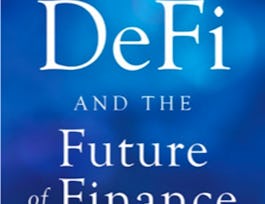Watch the introduction video to the course here: https://youtu.be/U7dQzqtIFVg
The Asia-Pacific region contains some of world’s most dynamic economies. Economies around the globe rely on credible monetary policy implemented by central banking institutions. Monetary policy governs the liquidity available to the payment systems that underlie trade and finance. Smooth adjustment of liquidity can minimize instability in money and foreign exchange markets and keep inflation and growth on a secure footing. The industrial giants of China, Japan, and Korea; the Southeast Asian emerging markets of Indonesia, Malaysia, Philippines, and Thailand; and the international entrepots at Hong Kong and Singapore each face unique challenges in implementing liquidity policy. This course is for learners with some background information on monetary policy. This advanced course will build a foundation for understanding liquidity policy implementation in the Asia-Pacific using standard economic models. The course will discuss the effects of high level discussion of a key element of national level public policy, monetary policy. Modern monetary policy connects macroeconomic conditions and key financial market indicators. It will also analyze the way that central bank goals for macroeconomic stability will determine outcomes in interest rates and exchange rates. The rigorous theoretical foundation should also build analytical skills that might be applied to policy and market analysis in a broad range of economies and even in the Asia-Pacific region as policy-making evolves in the future. The topics covered each week: Module 1 - Monetary Policy Implementation Module 2 - Monetary Policy Strategy Module 3 - Exchange Rates and Monetary Policy After taking this course and going through the interactive activities, you will be able to: (1) Describe Monetary Policy instruments central banks use (2) Interpret on-going actions of central banks (3) Apply graphical analysis and calculate basic economic measures used as tools by central banks or analysts (4) Analyze the way that central bank goals for macroeconomic stability will determine outcomes in interest rates and exchange rates



























